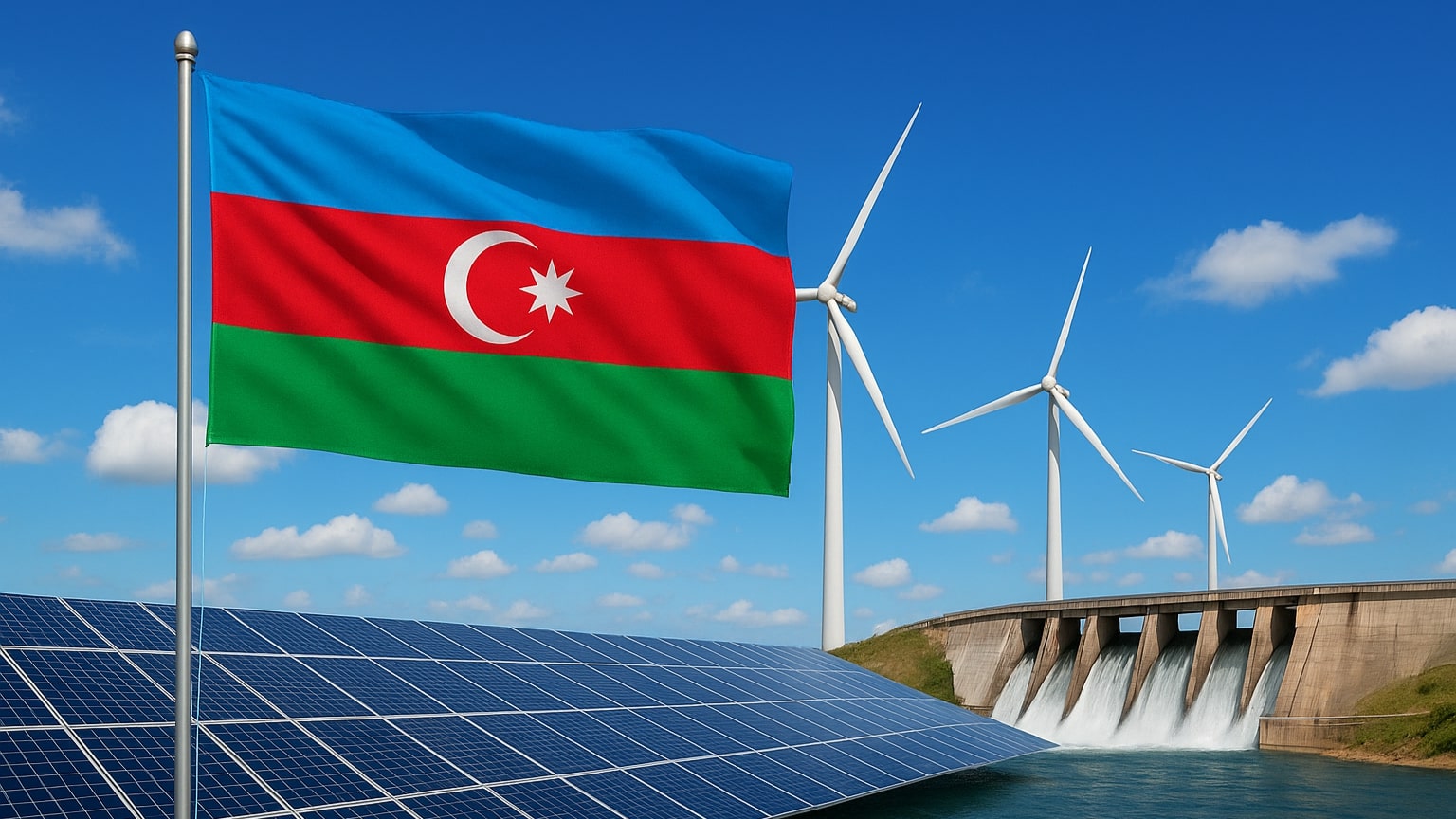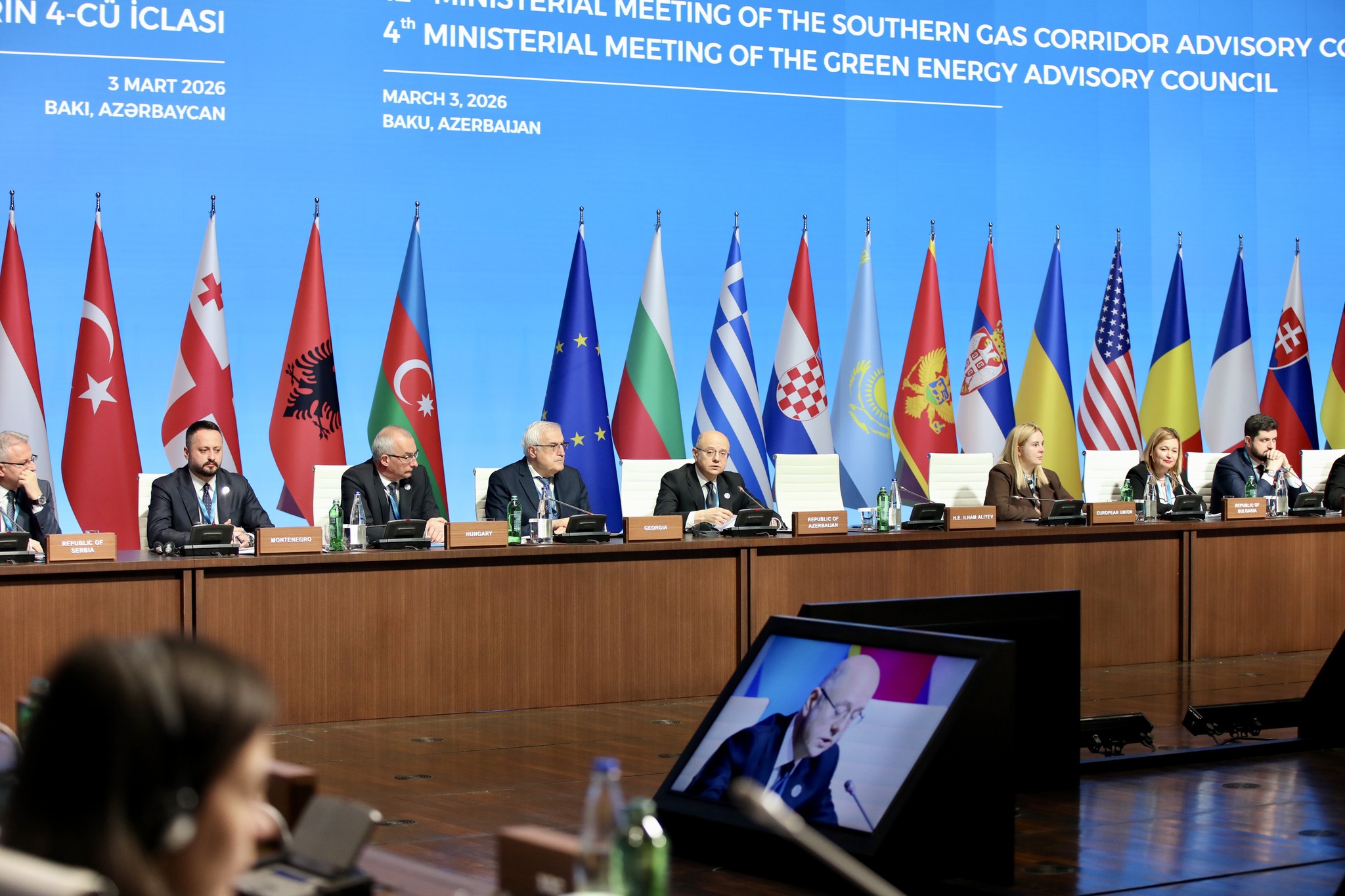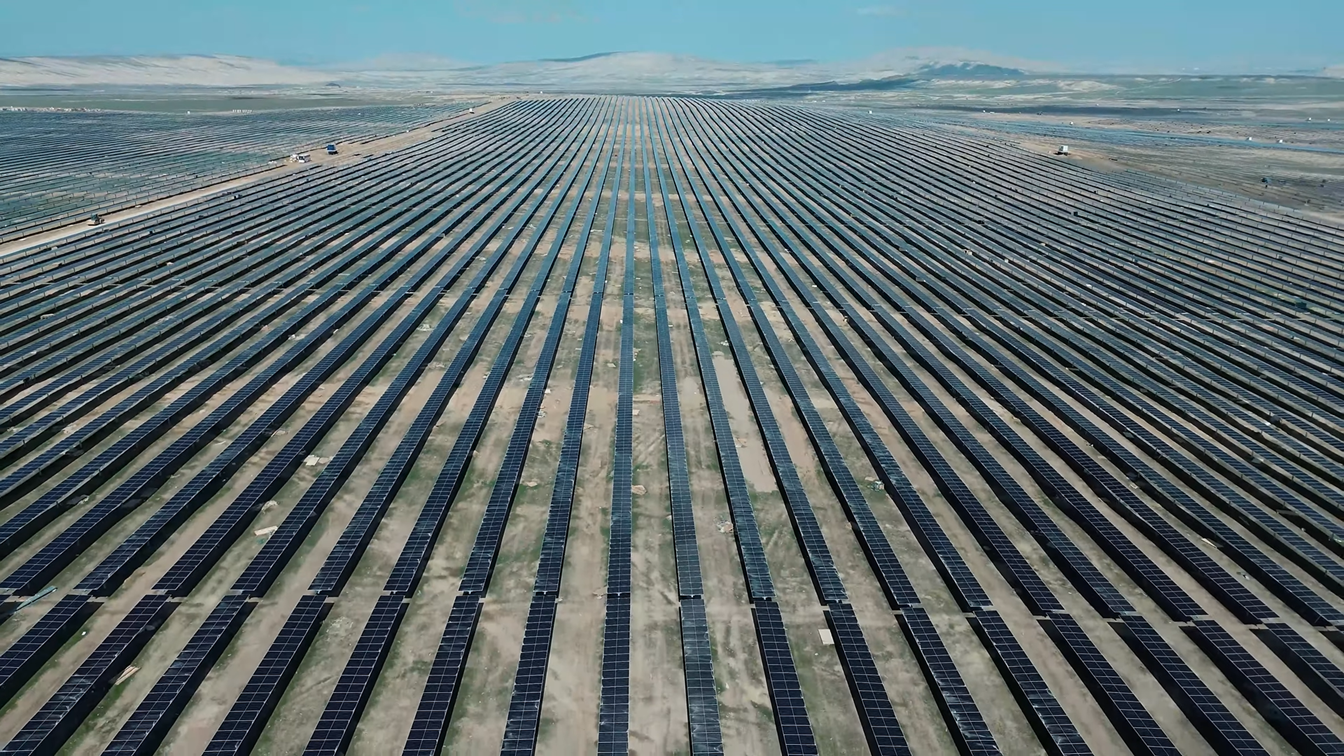Azerbaijan holds significant potential for the development of offshore wind energy, Andrea Meola, Global Markets and Business Development Director at Italy's CESI Consulting, stated at the event titled "Green Energy Week 2025: Azerbaijan and Central Asia," held in Baku.
Meola noted that most countries are currently accelerating the development of the renewable energy sector: "However, many began their energy transition later than other European nations. As a result, they are now working to close that gap."
The director emphasized Azerbaijan's promising prospects in offshore wind energy: "Of course, you need buyers for this energy. In addition, you must identify export routes capable of enabling new generation projects and creating business opportunities. That's why the projects being implemented in this sector are extremely important initiatives."
Speaking during the event titled "Green Energy Week 2025: Azerbaijan and Central Asia," held in Baku, Meola noted that currently, 40% of Italy's annual energy demand is met by the renewable energy sector: "On certain days, 100% of demand is covered by renewables. Of the 70 gigawatts of installed capacity in Italy, 40 gigawatts come from solar energy. Italy has made a rapid transition from traditional energy production to renewable generation. Italy is just one example-many other countries have gone even further in transforming their energy systems."
The official emphasized that countries engaged in renewable energy production must consider all relevant conditions and circumstances: "This includes border constraints, the level of relations with other countries, and the type of traditional energy production. Nations must also understand how quickly they can respond to unexpected events. I'd like to point out that globally, around $300 billion is spent annually on the renewable energy sector. However, this figure will increase significantly in the coming years. Most of these investments will be made in Asia-not only because Asia currently accounts for 50% of global installed generation capacity, but also due to the region's unique dynamics in this field."








